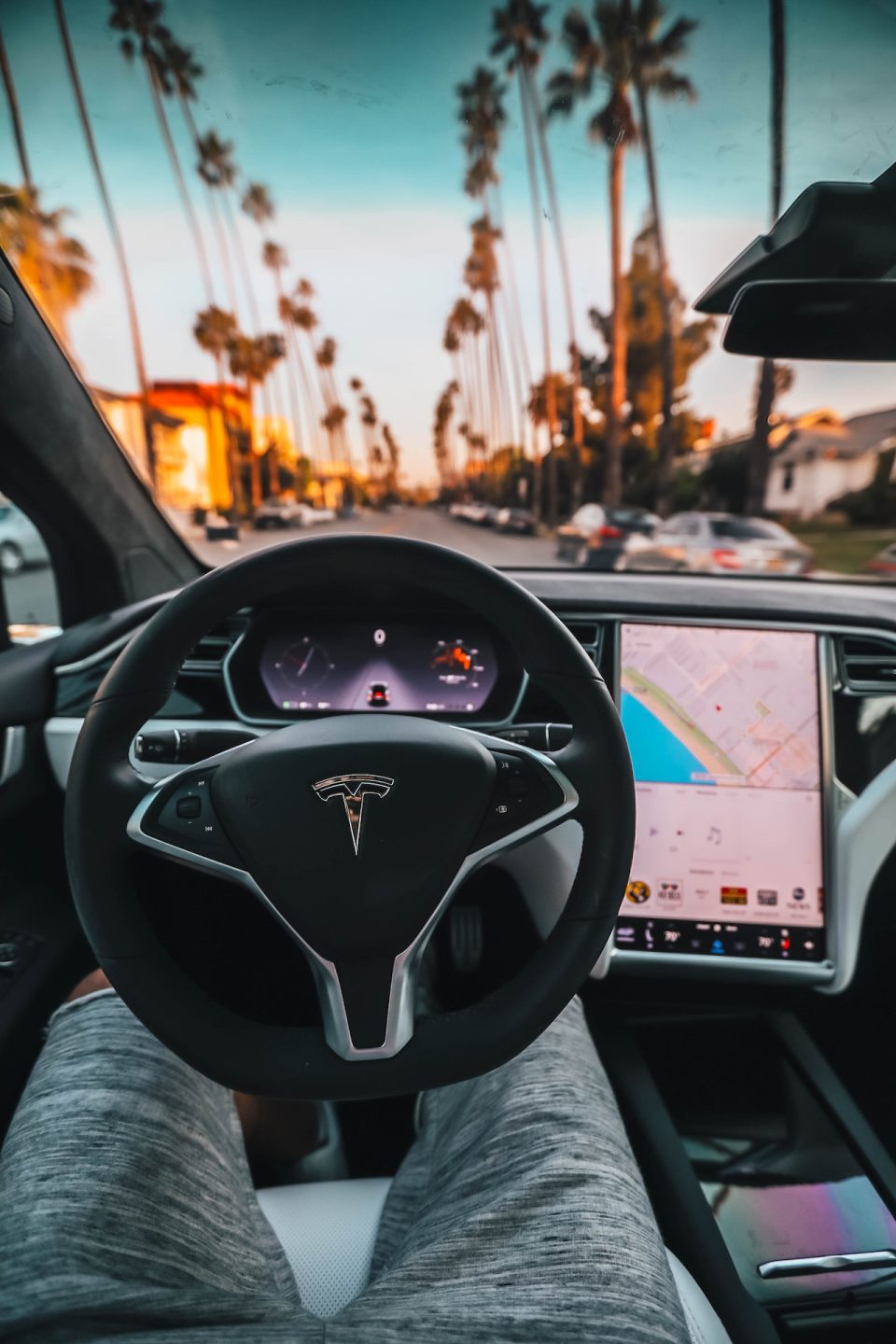In a courtroom session on Wednesday, a Tesla engineer during testimony staunchly refuted claims suggesting that the company intentionally manipulated public perception of its driver-assistance technology to present it as more capable than it actually was. This development comes in the midst of a lawsuit against Tesla, which alleges that its Autopilot feature was responsible for a fatal incident involving a Model 3 electric vehicle.
The lawsuit contends that the Model 3 abruptly veered off a Los Angeles highway at a speed of 65 miles per hour, subsequently colliding with a palm tree and erupting into flames, all transpiring in a matter of seconds. Tragically, the incident claimed the life of the vehicle’s owner, Micah Lee, while also causing injuries to the two passengers onboard.
Accusations leveled against Tesla assert that the company had prior knowledge of certain safety deficiencies within the vehicle at the time of sale. In response, Tesla adamantly denies these allegations, emphasizing uncertainty regarding the state of the Autopilot feature at the time of the incident.
Tesla has staked significant future prospects on its Autopilot and Full Self-Driving (FSD) system, which the company views as instrumental to its evolution. Lee, the vehicle’s owner, had invested in the “full self-driving capability package” for $6,000 in 2019. At that juncture, the FSD system primarily functioned to maintain a safe distance from the vehicle ahead and keep the car within its designated lane. Notably, the system has undergone substantial advancements since that time.
During questioning, Lee’s attorney raised the suggestion that Tesla’s nomenclature of the system as “Full Self-Driving” was deliberately misleading, implying capabilities that the technology did not possess. The 37-year-old engineer, however, categorically rejected this notion. While he acknowledged the potential for software-related defects in Tesla vehicles of that era due to their intricate nature, he emphasized that drivers should always have the ability to override the system if necessary.
Tesla sought to maintain the confidentiality of the engineer’s testimony on the grounds of safeguarding trade secrets. However, the presiding judge denied this request, though audio feed during the engineer’s testimony was temporarily restricted.
As Tesla contends with allegations of negligence in the ongoing lawsuit, the company is striving to dispel any potential miscommunication that may have arisen. The testimony of the Tesla engineer provides a significant affirmation that the company did not engage in deliberate misinformation regarding its Autopilot technology. The proceedings continue as the case unfolds.
Source: Reuters

